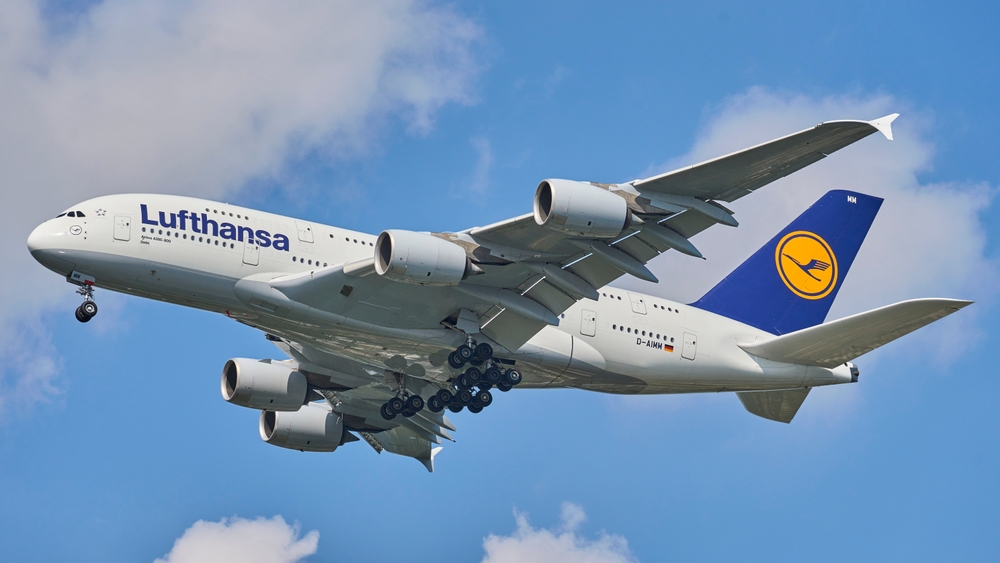In a statement, the company said that “profound changes brought about by digitalisation and artificial intelligence” are at the heart of its transformation.
Others are reading now
The Lufthansa Group has revealed plans to slash 4,000 jobs by the end of the decade. The German airline giant says the cuts will be made possible through increased use of artificial intelligence, automation, and a restructuring of internal operations across its member airlines.
AI and Digitalisation to Reshape Workforce

Rather than affecting pilots or cabin crew, the job reductions will focus primarily on back-office and administrative roles. Lufthansa is leveraging AI to handle routine tasks, allowing it to streamline workflows and reduce headcount without compromising flight operations.
Most Cuts Will Be in Germany

The majority of roles being eliminated are based in Germany. Lufthansa confirmed it’s assessing which roles are likely to become obsolete, particularly where digital tools and automation can now handle tasks previously done by staff.
Reducing Duplicated Work Across Airlines

Lufthansa operates a number of European airlines, and says it’s looking to reduce duplicated processes across its brands. As part of this shift, overlapping roles between airlines will be consolidated or phased out, improving efficiency across the group.
Which Airlines Are Part of Lufthansa Group?
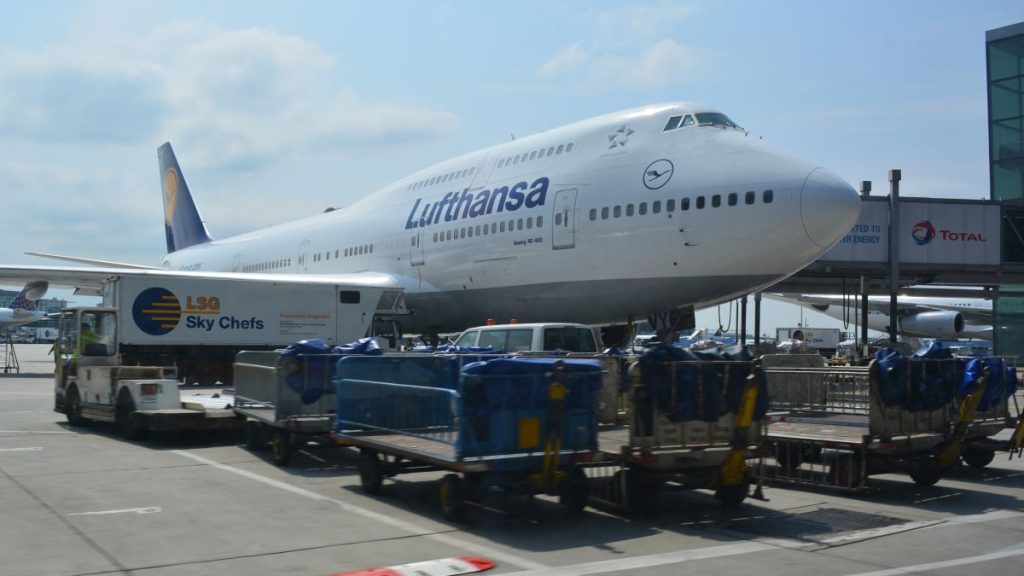
Lufthansa Group includes Germany’s largest airline, Lufthansa, as well as Austrian Airlines, Swiss, Brussels Airlines, and ITA Airways (the successor to Italy’s Alitalia). Together, they form one of the largest airline groups in Europe.
Also read
“Profound Changes” Driven by Technology

In a statement, the company said that “profound changes brought about by digitalisation and artificial intelligence” are at the heart of its transformation. These technologies will be applied not just in customer service, but across business operations.
Despite Cuts, Travel Demand Remains Strong
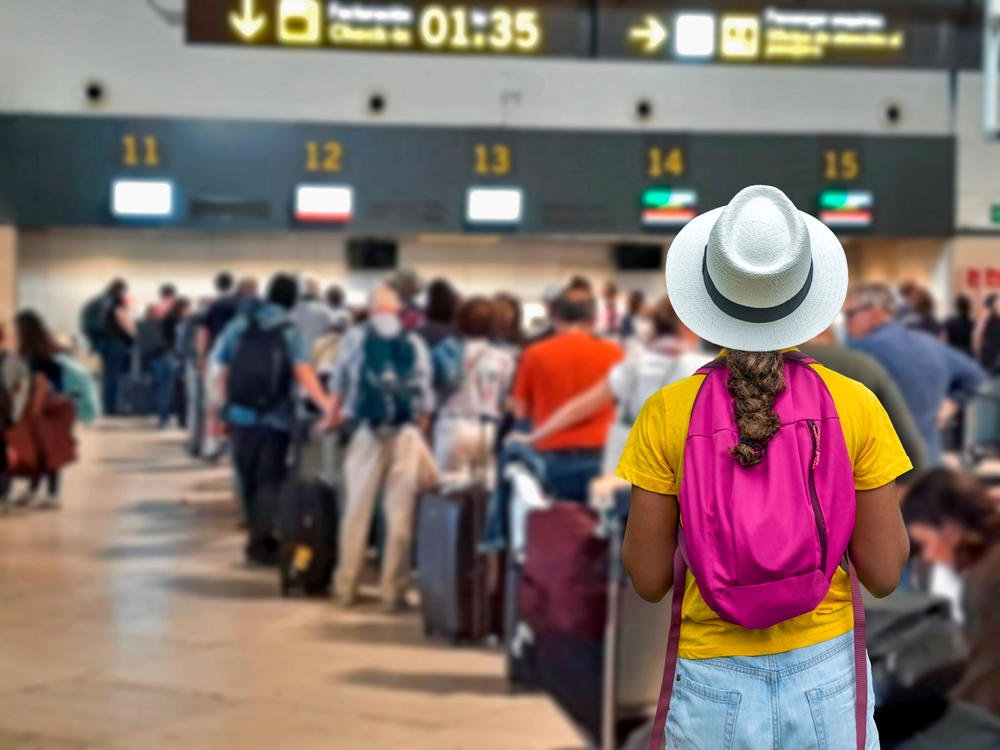
Lufthansa executives shared their strategic update in Munich, where they noted that global demand for air travel remains high. However, challenges persist due to limited aircraft availability and ongoing supply chain disruptions.
Capacity Crunch Boosting Airline Profits
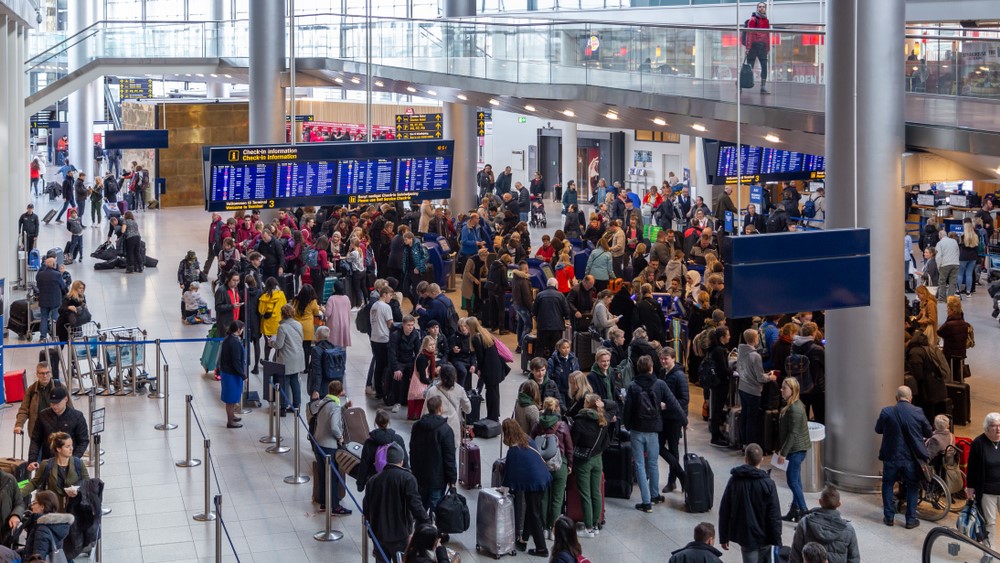
Although Lufthansa is operating with fewer flights than it would like, aircraft are flying at or near capacity. This has created a tight market environment, which is helping to maintain high ticket prices and drive revenue growth.
Group Expects Major Profit Rise by 2030

With a leaner workforce, new aircraft, and tech-driven efficiencies, Lufthansa expects “significantly increased profitability” by the end of the decade. The company views the changes as essential to remaining competitive in the global aviation industry.
Lufthansa Preparing Massive Fleet Upgrade
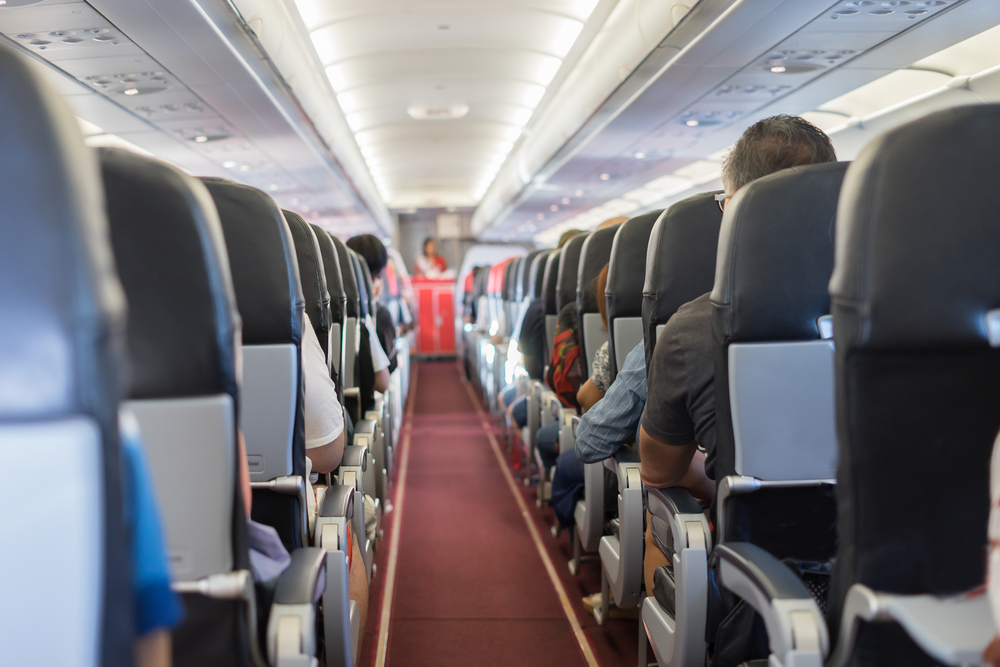
Alongside its staffing changes, Lufthansa is planning a huge fleet modernisation. By 2030, it expects to bring in more than 230 new aircraft, including 100 long-haul planes, a move set to improve sustainability and meet rising travel demand.
Also read
One of Europe’s Largest Employers
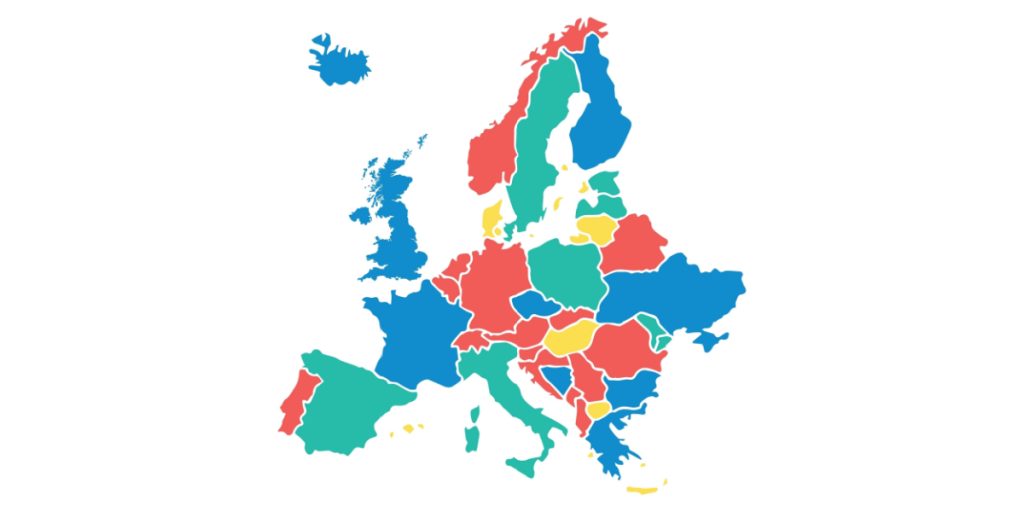
As of 2024, Lufthansa Group employed over 101,000 people and generated revenue of €37.6 billion (around $44 billion). Its operations span network airlines, low-cost carrier Eurowings, and a range of aviation service companies.
Cologne-Based, Frankfurt-Run
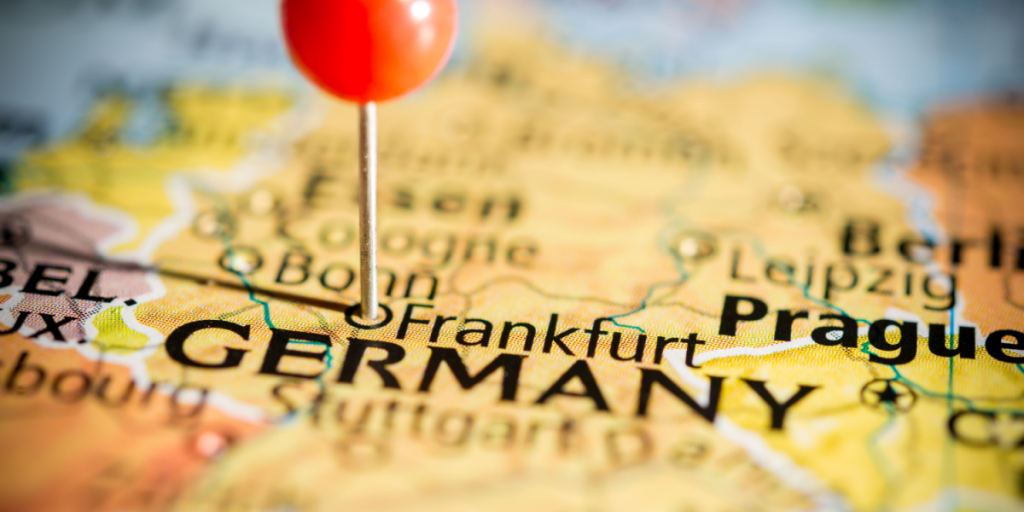
Lufthansa’s official headquarters are located in Cologne, Germany, but most executive and operational activities are handled from Frankfurt, one of Europe’s key air travel hubs and the airline’s main base.
Balancing Innovation with Job Security

While the announcement raises concerns about job losses, Lufthansa insists the changes are vital to long-term success. By embracing technology now, the airline hopes to future-proof its business while maintaining global competitiveness and service quality.

